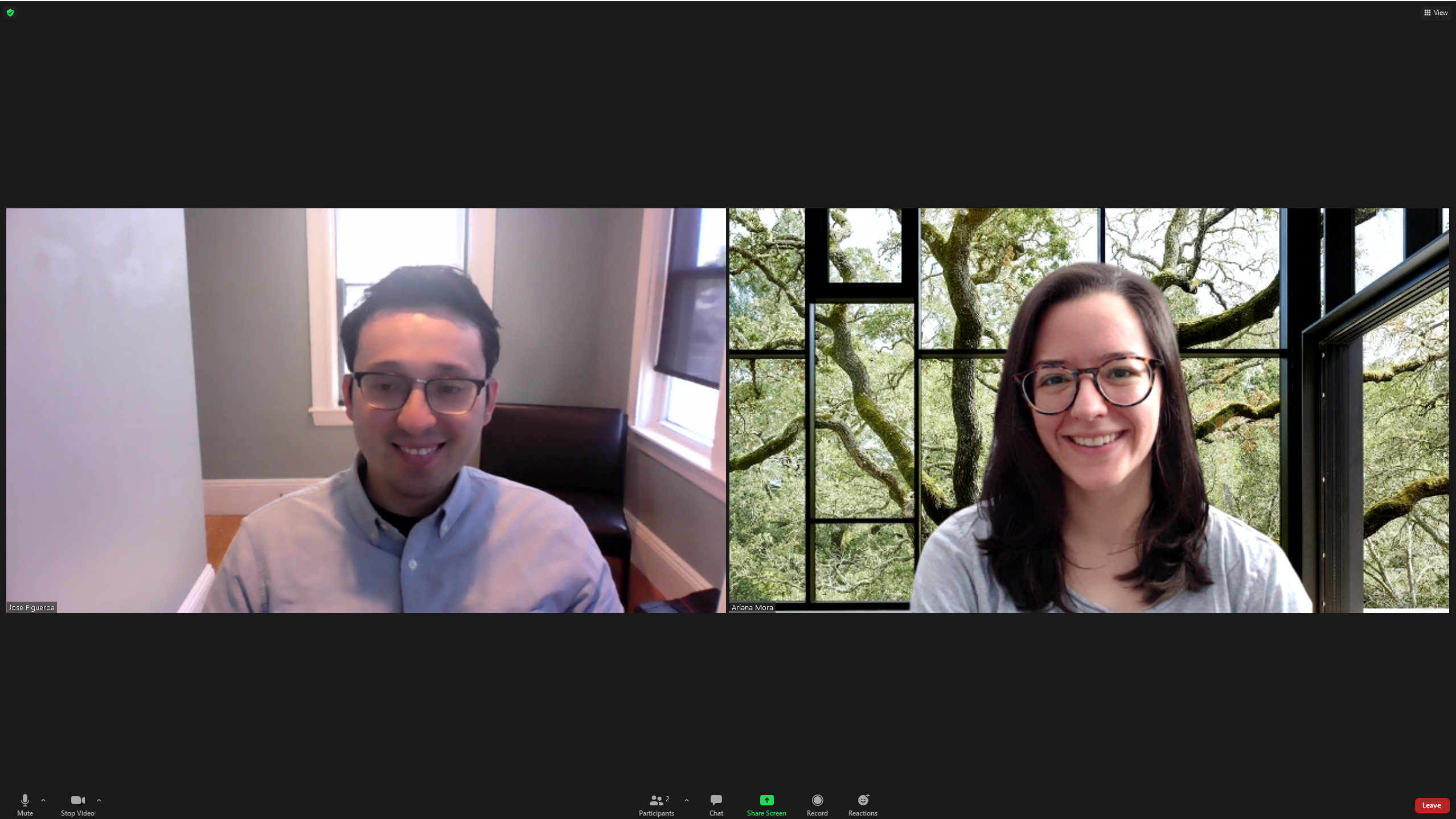News & Highlights
Topics: Clinical & Translational Research, Diversity & Inclusion, Education & Training, Five Questions, Mentoring, Public Health
Five Questions with VRIP Intern Ariana Mora
Our summer intern discusses her research evaluating healthcare spending & clinical outcomes among disadvantaged populations.

Where do you go to school, and what are you studying?
I’m an MD-PhD student at Emory University in Atlanta, Georgia. I’m currently in the graduate phase of my training and am studying epidemiology.
Who is your mentor and what is your project?
I’m excited to be working with Jose Figueroa, MD, MPH, this summer. He is an assistant professor of health policy and management at the Harvard T.H. Chan School of Public Health and an internist at Brigham and Women’s Hospital. My two projects are related to his research interests in healthcare spending and clinical outcomes among vulnerable or disadvantaged populations. My first project is understanding healthcare resource and outcome disparities that have been present among racial and ethnic minorities over the course of the COVID-19 pandemic, particularly among the elderly. These disparities have been well-characterized, but we have the opportunity to understand how these differences may have changed over time, for better or worse, as the pandemic progressed and awareness increased. My second project is concerning Accountable Care Organizations (ACOs) and whether ACOs are healthy and cost-effective for those with severe mental illness. ACOs have been demonstrated to be beneficial among the general population, but given well-known gaps in care for mental illness in the U.S., understanding how ACOs have impacted the wellbeing of these patients is paramount.
“I hope to leverage my training and future collaborations to effectively translate research findings to implement sustainable initiatives that promote health equity and necessary public health/policy change.”
What has been the best part of your internship so far?
I’ve really appreciated gaining more exposure to health policy and healthcare infrastructure. While my PhD research (and future medical career) is focused on addressing health disparities, I believe it’s necessary to first understand the systems that are involved to best identify areas that could bring about the largest improvements for health and equity. There are many structural systems beyond healthcare influencing our health. While there is much for me to learn, I really appreciate the opportunity VRIP has afforded me to work with Dr. Figueroa and other wonderful scholars in this area at Harvard. Honestly, that’s been the best part of this internship so far, that everyone has been so welcoming and generous with their time and expertise. I’m halfway through the program now, and I’ve already learned much more than I anticipated!
What are your future career plans?
As a future physician-scientist, I hope to leverage my training and future collaborations to effectively translate research findings to implement sustainable initiatives that promote health equity and necessary public health/policy change. I’m specifically interested in the impact of healthcare deprivation (issues with quality/access/cost) on both historically disadvantaged (e.g. Black communities) and newly disadvantaged groups (e.g. refugee/immigrant populations). I believe in elevating both the shared and unique experiences of disadvantaged groups to design tailored interventions that can be adjusted to meet specific community needs.
Summarize your VRIP experience in five words?
Incredibly stimulating, supportive, and rewarding!
See additional interviews with our 2021 VRIP interns as part of our “Five Questions” series on our Instagram and YouTube pages.

